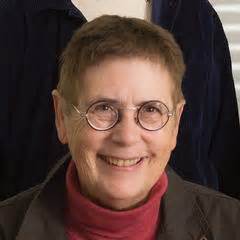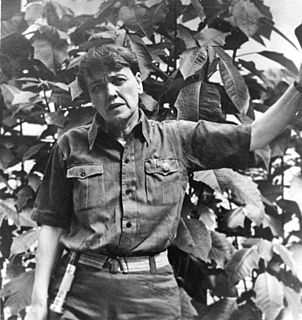A Quote by Salman Rushdie
People would come and threaten them. And they would respond by putting the book in the window. Behind that, the publishers, many of whom were menaced and receiving anonymous phone calls of the very menacing kind and so, almost everybody - not everybody, but almost everybody held the line.
Related Quotes
There were always men looking for jobs in America. There were always all these usable bodies. And I wanted to be a writer. Almost everybody was a writer. Not everybody thought they could be a dentist or an automobile mechanic but everybody knew they could be a writer. Of those fifty guys in the room, probably fifteen of them thought they were writers. Almost everybody used words and could write them down, i.e., almost everybody could be a writer. But most men, fortunately, aren't writers, or even cab drivers, and some men - many men - unfortunately aren't anything.
I'm a professional world champion. Of course if you're a world champion, you're working harder than everybody else. You're making the commitment, and you're making the sacrifices. If it were easy, everybody would be able to do it. Everybody would be able to be world champion, but everybody can't be. Everybody doesn't have it in them.
Differences of power are always manifested in asymmetrical access. The President of the United States has access to almost everybody for almost anything he might want of them, and almost nobody has access to him. The super-rich have access to almost everybody; almost nobody has access to them. ... The creation and manipulation of power is constituted of the manipulation and control of access.
When they got here, when they successfully emigrated - and not everybody that came through Ellis Island was accepted. If you were sick you were not allowed in. If you had any kind of a disease, we were in the process of trying to wipe out all these diseases. We did that by keeping people who had them out of the country. You might look at it today as, "Wow, that was really mean." No. It was putting America first. It was putting the American people first, and it was a realization that we can't take everybody.
This was years ago, I think during the early [Ronald] Reagan years. I came up with a plan that everybody just pay $8.95 in taxes. Cheating would be allowed. But the incentive to cheat wouldn't be nearly as great if you only had to pay the $8.95. There were a few people who would have to pay hundreds of millions of dollars under this plan. I think it was Mark Goodson and Bill Todman, the guys who do the quiz shows. But almost everybody else would be off really cheap.
This is a story about four people named Everybody, Somebody, Anybody and Nobody. There was an important job to do and Everybody was asked to do it. Everybody was sure Somebody would do it. Anybody could have done it, but Nobody did it. Somebody got angry because it was Everybody’s job. Everybody thought Anybody would do it, but Nobody realized that Everybody wouldn’t do it. It ended up that Everybody blamed Somebody when Nobody did what Anybody could have done.
When I was a kid, phone calls were a premium commodity; only the very coolest kids had a phone line of their own, and long-distance phone calls were made after eleven, when the rates went down, unless you were flamboyant with your spending. Then phone calls became as cheap as dirt and as constant as rain, and I was on the phone all the time.
If you have free immigration, in the way we had it before 1914, everybody benefited. The people who were here benefited. The people who came benefited. Because nobody would come unless he, or his family, thought he would do better here than he would elsewhere. And, the new immigrants provided additional resources, provided additional possibilities for the people already here. So everybody can mutually benefit.






































